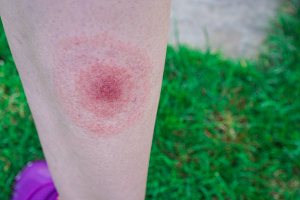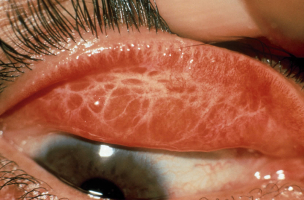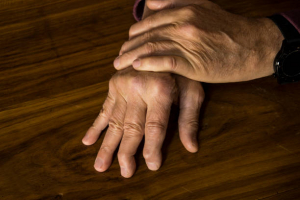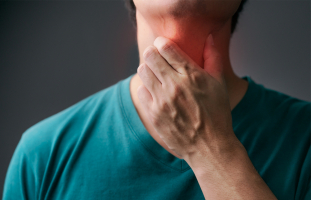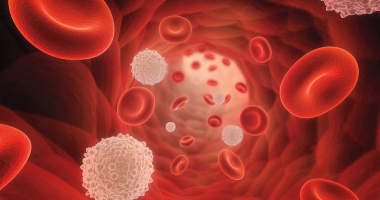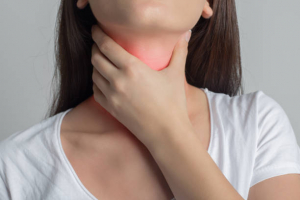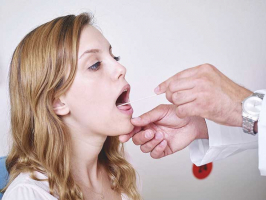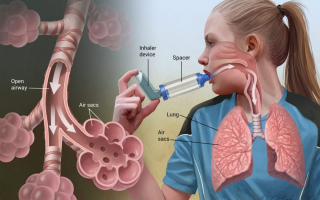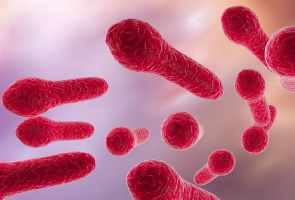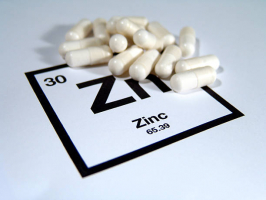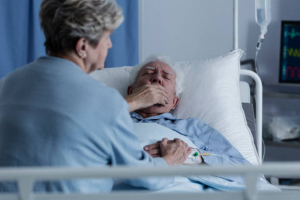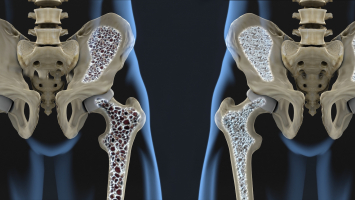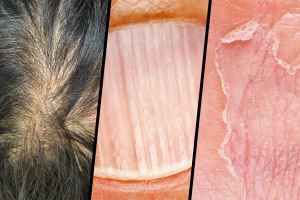Top 6 Signs and Symptoms of Liver Disease
The liver is involved in numerous biological activities, including protein synthesis and blood clotting, as well as cholesterol, glucose (sugar), and iron ... read more...metabolism. Infections, alcohol consumption, and obesity are all things that can harm the liver and potentially cause liver problems. Long-term liver damage can result in scarring, which can lead to liver failure, a potentially deadly illness. Early treatment, on the other hand, may allow the liver to heal. So, these are the most important indications and symptoms of liver illness that you should be aware of.
-
Excess bilirubin in the body causes jaundice or yellowing of the skin or eyes. The body creates bilirubin, which is expelled by the liver during regular blood creation. When the liver is damaged by alcohol, it becomes unable to eliminate bilirubin, causing the colored material to accumulate in the body. Jaundice can also cause stomach discomfort, flu-like symptoms, and exhaustion. The occurrence of jaundice is not life-threatening in and of itself, but it frequently indicates an underlying problem with the liver.
The medical name for yellowing of the skin and eyes is "jaundice". Jaundice is not a sickness in and of itself, but it is a sign of various possible underlying disorders, including liver disease. Jaundice develops when your body has an excess of bilirubin. Bilirubin is a yellow pigment produced in the liver by the breakdown of dead red blood cells. Normally, bilirubin and aged red blood cells are excreted by the liver. Jaundice can suggest a major problem with your red blood cells, liver, gallbladder, or pancreas.
Hepatitis is liver inflammation. This syndrome can be caused by alcohol, a variety of medical disorders, and some drugs. Viral infections, on the other hand, are the most prevalent cause of hepatitis. Infection, autoimmune illness, significant blood loss, medicines, narcotics, toxins, or alcohol can all cause this inflammatory disorder of the liver. Depending on the etiology, it might be acute or chronic. Symptoms include fatigue, lethargy, lack of appetite, nausea, vomiting, itchy skin, right upper abdominal discomfort, yellow skin or eyes, and fluid buildup in the belly.

Jaundice 
Jaundice -
Long-term drinking can cause this syndrome. This involves liver inflammation and scarring, which limits blood flow in the organ and slows its vital functioning. Even if alcoholic hepatitis is labeled as "moderate", it remains a dangerous illness that necessitates abstinence from adult drinks. Severe alcoholic hepatitis can be fatal if left untreated, and it can proceed to liver cirrhosis. An alcoholic steatohepatitis is a severe form of hepatitis that can cause lifelong damage and scarring in up to 20% of frequent drinkers. Elevated liver enzymes will also be revealed by liver function testing. Severe alcoholic hepatitis can result in an increase in abdominal fluid, cognitive and behavioral problems, and liver or kidney failure. At this point, you must seek medical guidance and help.
Alcoholic hepatitis is liver inflammation caused by excessive alcohol use. Patients often have a history of decades of excessive alcohol consumption, with an average of 8-10 drinks per day. It is commonly associated with fatty liver, an early stage of alcoholic liver disease, and may contribute to the growth of fibrosis, eventually leading to cirrhosis. Symptoms may appear suddenly after consuming a high quantity of alcohol in a short period of time, or after years of excessive alcohol use. Jaundice (yellowing of the skin and eyes), ascites (fluid buildup in the abdominal cavity), weariness, and hepatic encephalopathy are all signs and symptoms of alcoholic hepatitis (brain dysfunction due to liver failure).

Alcoholic Hepatitis 
Alcoholic Hepatitis -
A hepatic abscess is a pus-filled sac in the liver that causes discomfort in the upper right abdomen. A variety of common bacteria can produce an abscess. Other illnesses that might cause it include blood infection, liver damage, or an abdominal infection such as appendicitis or a perforated colon.
Generally, your doctor will aim to avoid surgery wherever feasible. It may be important in some cases to avert consequences or disease progression. If your kidney stones are too large to pass naturally, your doctor may decide to break them up into smaller bits that can be passed. They could also use a scope to get rid of the stones. Because the RUQ includes several vital organs, it is critical to monitor RUQ discomfort and any other symptoms in order to get treatment in a timely way and avoid consequences.
Pain in the upper, right quadrant of the abdomen 
Pain in the upper, right quadrant of the abdomen -
Urine is made up of extra water and waste materials that the kidneys filter out of the blood. Depending on the water-to-waste product ratio, it can range from pale yellow to dark amber. Many factors can influence the color of urine. The majority of them are safe, but a change in hue might occasionally indicate a health issue.
The hepatitis C virus (HCV) can cause liver infection. Because it has minimal symptoms in the early stages, many people are unaware they have it until liver damage causes issues. HCV may produce dark urine because it changes how the liver processes waste. People who underwent a blood transfusion or organ transplant before July 1992, or a blood product used to treat clotting disorders before 1987, are at risk of contracting HCV. Sharing needles, having intercourse without a condom with someone who has HCV, and getting tattoos with soiled equipment are all risk factors. If symptoms do arise, they generally appear after 2 weeks to 6 months following viral contact.
Dark urine 
Dark urine -
Vomiting is your body's way of getting rid of anything poisonous in your stomach by forcing it out via your mouth. It might also be a reaction to gastrointestinal inflammation. Vomiting is a sign of liver disorders rather than an illness. Some of these disorders are dangerous, but the majority are not. Vomiting can be a one-time occurrence, particularly if it is induced by eating or drinking anything that does not settle properly in the stomach. Vomiting often, on the other hand, might indicate an emergency or a significant underlying disease.
If gastrointestinal contents penetrate the respiratory tract, vomiting is harmful. The gag reflex and coughing normally prevent this from happening; however, these protective reflexes are impaired in people who are under the influence of certain drugs (including alcohol) or are even minimally anesthetized. The person may choke and asphyxiate, resulting in aspiration pneumonia.

Vomiting 
Vomiting -
When you have a diminished appetite, you have a decreased desire to eat. It is also known as a lack of appetite or a bad appetite. Anorexia is the medical name for this. A wide range of illnesses can induce a decline in appetite. These include both mental and physical disorders. If you have a loss of appetite, you may also experience weight loss or malnutrition.
Treatment for a loss of appetite can vary depending on the cause. If the reason is a bacterial or viral illness, you won't normally need to treat the condition since your appetite will return after your infection is treated. It might be tough to boost your appetite if you are suffering from a medical condition such as cancer or chronic sickness. Taking enjoyment in food by dining with family and friends, making favorite meals, or going out to eat at restaurants, on the other hand, may serve to stimulate eating. To help with your lack of appetite, you may try eating only one major meal each day, with small snacks in between.
Loss of appetite 
Loss of appetite








